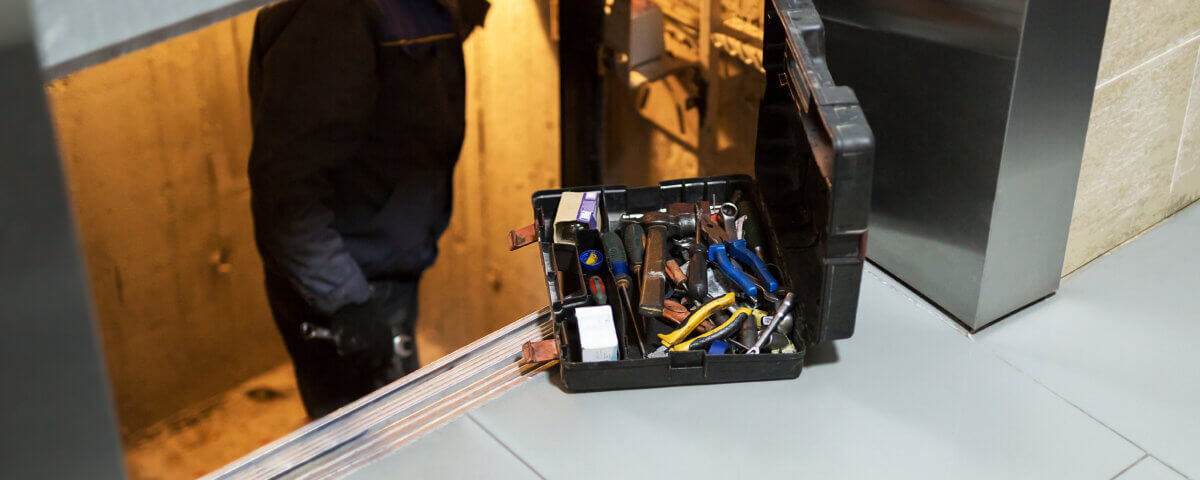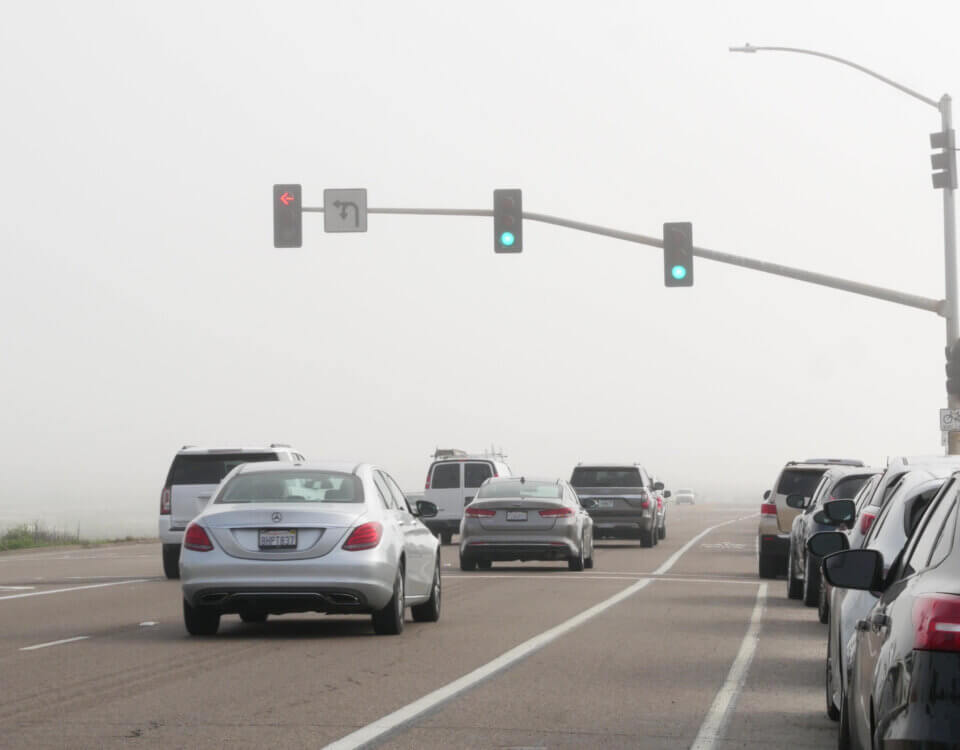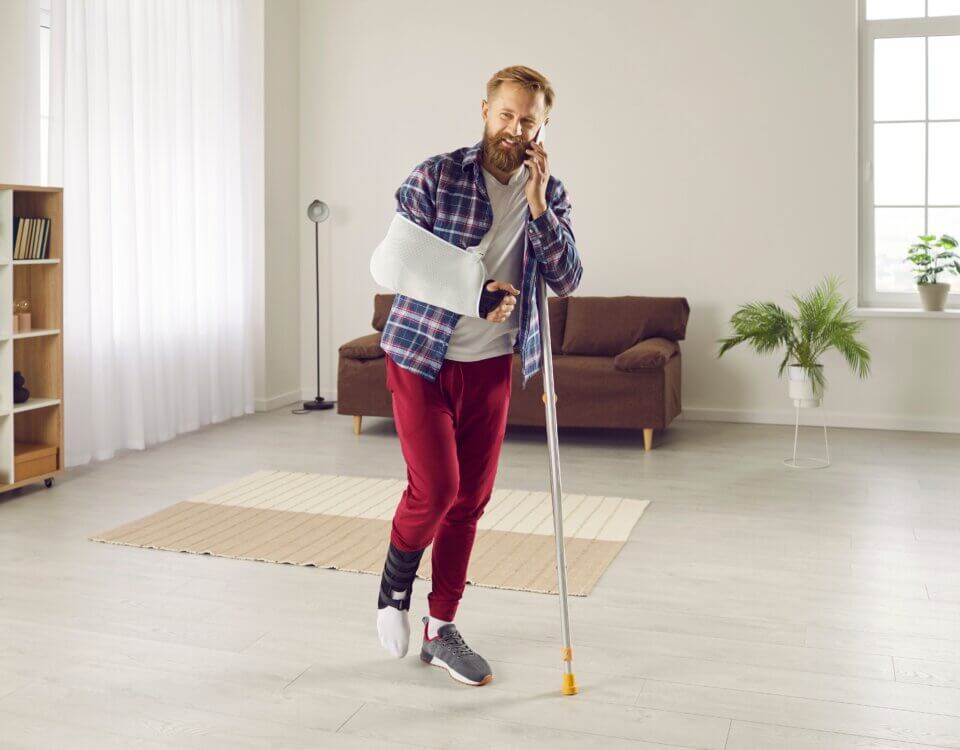Most people step into elevators every day without thinking twice. Whether in office buildings, apartment complexes, shopping malls, or hotels, elevators are part of daily life. But when they malfunction or aren’t properly maintained, the results can be devastating. Elevator injuries are more common than most people realize and often, they’re preventable.
Common Causes of Elevator Accidents
Elevators are complex machines that require regular inspections and maintenance. When safety is ignored, passengers pay the price. Accidents often happen due to:
- Sudden Drops or Stoppages – mechanical or cable failures leading to dangerous jolts.
- Misleveling – when the elevator stops above or below the floor level, causing trips and falls.
- Door Malfunctions – doors closing too quickly or failing to detect passengers.
- Faulty Wiring – electrical problems leading to shocks or entrapment.
- Poor Maintenance – property owners or managers ignoring inspection schedules.
Injuries from Elevator Accidents
Elevator accidents can range from frightening to life-altering. Victims often suffer:
- Broken bones from falls during misleveling
- Back and neck injuries from sudden jolts or drops
- Traumatic brain injuries from impacts
- Crush injuries from faulty doors
- Severe emotional trauma, including claustrophobia or PTSD
In rare but tragic cases, elevator failures can cause wrongful death.
Who Is Responsible?
Determining liability in an elevator injury requires investigating who was responsible for safety:
- Property Owners/Managers – responsible for ensuring elevators are inspected and safe.
- Maintenance Companies – if they performed negligent or inadequate service.
- Manufacturers – if the elevator or its parts were defective.
- Third-Party Contractors – companies hired for inspections or repairs.
These cases often involve multiple defendants, and each may try to shift blame.
What to Do After an Elevator Injury
- Seek immediate medical care – even if injuries aren’t obvious right away.
- Report the incident to building management and insist on a written report.
- Document the scene – photos of the elevator panel, doors, or misleveled floor can be critical.
- Collect witness information – other passengers or bystanders may confirm what happened.
- Contact an attorney quickly – evidence in elevator cases can disappear if not preserved.
How Hillstone Law Can Help
Elevator accident claims are not simple, they involve property owners, contractors, manufacturers, and insurance companies with deep pockets. At Hillstone Law, we know how to uncover inspection failures, expose negligent maintenance practices, and hold all responsible parties accountable.
We fight for compensation to cover:
- Medical bills and long-term rehabilitation
- Lost wages and loss of future earning capacity
- Pain and suffering
- Emotional trauma and reduced quality of life
Call Hillstone Law Today
An elevator accident should never happen but when it does, victims need strong advocates.
Note: These blog posts are created solely for the use of Hillstone Law. The information is gathered from internet research, publicly available sources, and artificial intelligence (AI) tools such as ChatGPT. While we aim to share helpful and educational content, Hillstone Law does not independently verify every detail. Some information may be incomplete, outdated, or subject to change without notice. If you believe any part of a post is inaccurate, misleading, or infringes upon copyright, please contact Hillstone Law immediately so we can review it and take appropriate action, including correction or removal.
Disclaimer: The material provided in these blogs is for general informational purposes only and should not be considered legal advice. Reading these posts does not create, and is not intended to create, an attorney-client relationship with Hillstone Law. Our intent is to share knowledge, raise awareness, and provide helpful resources to the public; however, Hillstone Law makes no warranties or guarantees about the accuracy, completeness, or reliability of the information provided, and expressly disclaims liability for any actions taken in reliance on it. The photos used in these posts are for illustrative purposes only and do not depict actual clients, individuals, or incidents unless expressly stated. If you or a loved one has been injured in an accident, please contact Hillstone Law at (855) 691-1691. Our attorneys are available to answer your legal questions and help you understand your rights.







